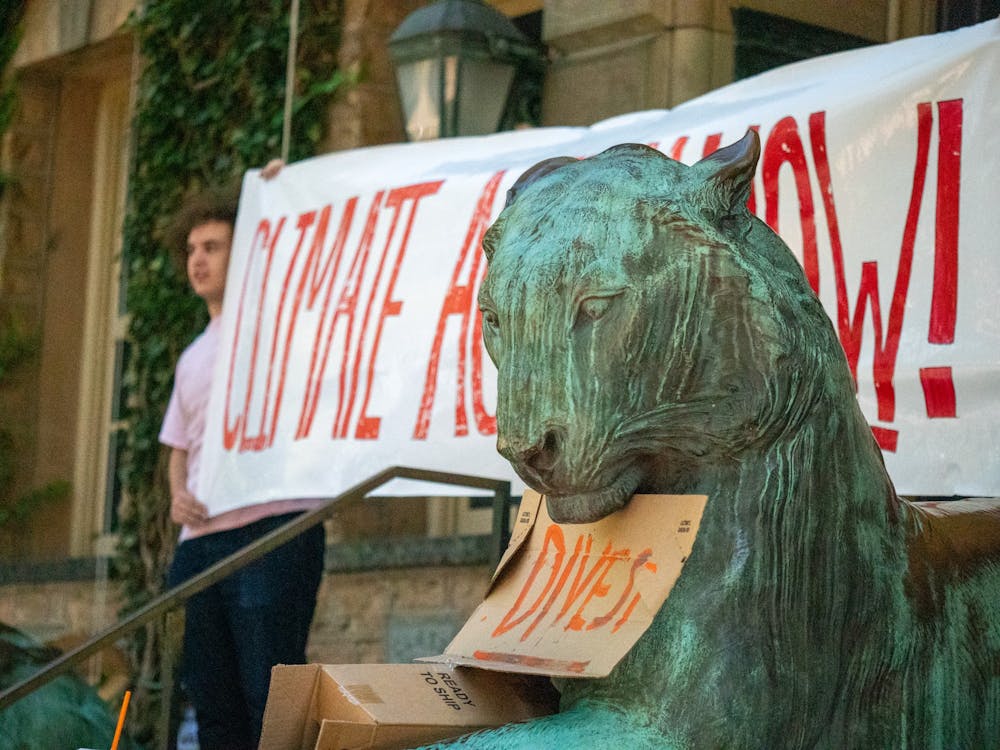Back in the day — back in the summer of 1973, to be precise — my wife and I went to London, where I was to work on my doctoral dissertation and she to do research on Shakespearean theater. It was a dark, strange city, far less familiar than London seems now: a city still pocked by bombsites, where you couldn’t have tea in the morning or coffee in the afternoon. But the bus from our apartment to Piccadilly cost something like 15 pence and the cheapest seats in West End theaters went for less than a pound. We had a wonderful time.
British book culture proved a special delight. I came to London already a practiced book bum — someone who loved to hang out in secondhand book shops, the dustier the better, grubbing in dark corners and feeling on high shelves for hidden treasures and then whining about my poverty in the forlorn hope that the owner would knock something off the already low price. I had mastered these skills as a teenager in the ancient shops on New York’s Fourth Avenue, before the Strand ate all of its rivals, and had burnished them as a student in Chicago, in the dark dens of eccentric erudition in Hyde Park.
In London, I felt like a fox in a henhouse. The city was still packed with shops like the one that Helene Hanff made famous in “84 Charing Cross Road” — deep and dirty, richly redolent of noble rot. Charing Cross Road was the main book district. But old vellum bindings gleamed in a window between the custom shirt shops on Jermyn Street and decaying leather-bound quartos lay heaped on the barrows in the Farringdon Road. Hampstead — now known for elegant brunches and the giant prams that endanger the feet of unwary pedestrians — had wonderful shops. In the smallest and dustiest one a group of bums would gather early on Saturday mornings and wait for the endlessly kind owner to throw us some new books, rather like a wary dog owner throwing meat to a mastiff. Once the book I caught was a pristine copy of a sharp Italian satire, Traiano Boccalini’s “Newsletters from Parnassus,” formerly part of the library of a 17th-century Fellow of the Royal Society, John Evelyn. It cost two pounds.
Treasures awaited outside London too: at Cambridge booksellers like Heffers, where 17th-century books were shelved next to brand new ones from the university press, and Deighton Bell, which had the entire library, crisp and new-smelling, of Andrew Fletcher of Saltoun, who negotiated the union of the English and Scottish crowns in 1707; and Oxford booksellers like Thorntons, which sold off the libraries of dead dons (rumor held that more than one elderly scholar had died of terror on seeing the Thornton’s man turn into the walk in front of his house); and the cozy, silent dens of old leather in every cathedral town.
We were really poor (we were graduate students), but my grant included a few pounds for books and my family helped out, and I came home with a wonderful collection of rare books — a collection I couldn’t possibly afford to duplicate now, even if I could spend another year in England. The books are still for sale, listed in their thousands and their 10 thousands on the big book sites on the Internet, where shopping is perfectly efficient and as free from pleasure as it is free of odor. But they’re too expensive to collect casually, as a student could in the old days. Sadder still, the shops where late we used to roam and hunt have disappeared. Charity shops, stuffed with paperbacks, have replaced the damp brown dens of bookish glory on London streets and in cathedral closes. You can’t spend hours thumbing through the books you don’t want, and the books you didn’t know about, and get lessons from the proprietor in bibliography, before you make the find that makes your day, at Oxfam.
Besides, more and more of the early books I need for my work are available in a more contemporary form: free for the downloading from great libraries in Europe or digital collections assembled in America. If all it takes to find material is to go to one’s computer and push a button, I’ll take a crystalline PDF of the first edition over the battered cheap copy of the third one, missing a few pages, that I’d have bought as a student. My own students, of course, do much of their work exactly this way, and far more skillfully than I do. Still, I wonder: What will they look back to nostalgically when they have become old farts, as we all do? Their cozy days on the C-floor, downloading PDFs onto their Macbook Pro? Will they smile nostalgically and say, “Ah yes, in the old days when we had gourmet coffee shops and the dollar was still worth something, I was a PDF bum”?
Anthony Grafton is the Henry Putnam University Professor of History. He can be reached at grafton@princeton.edu.








